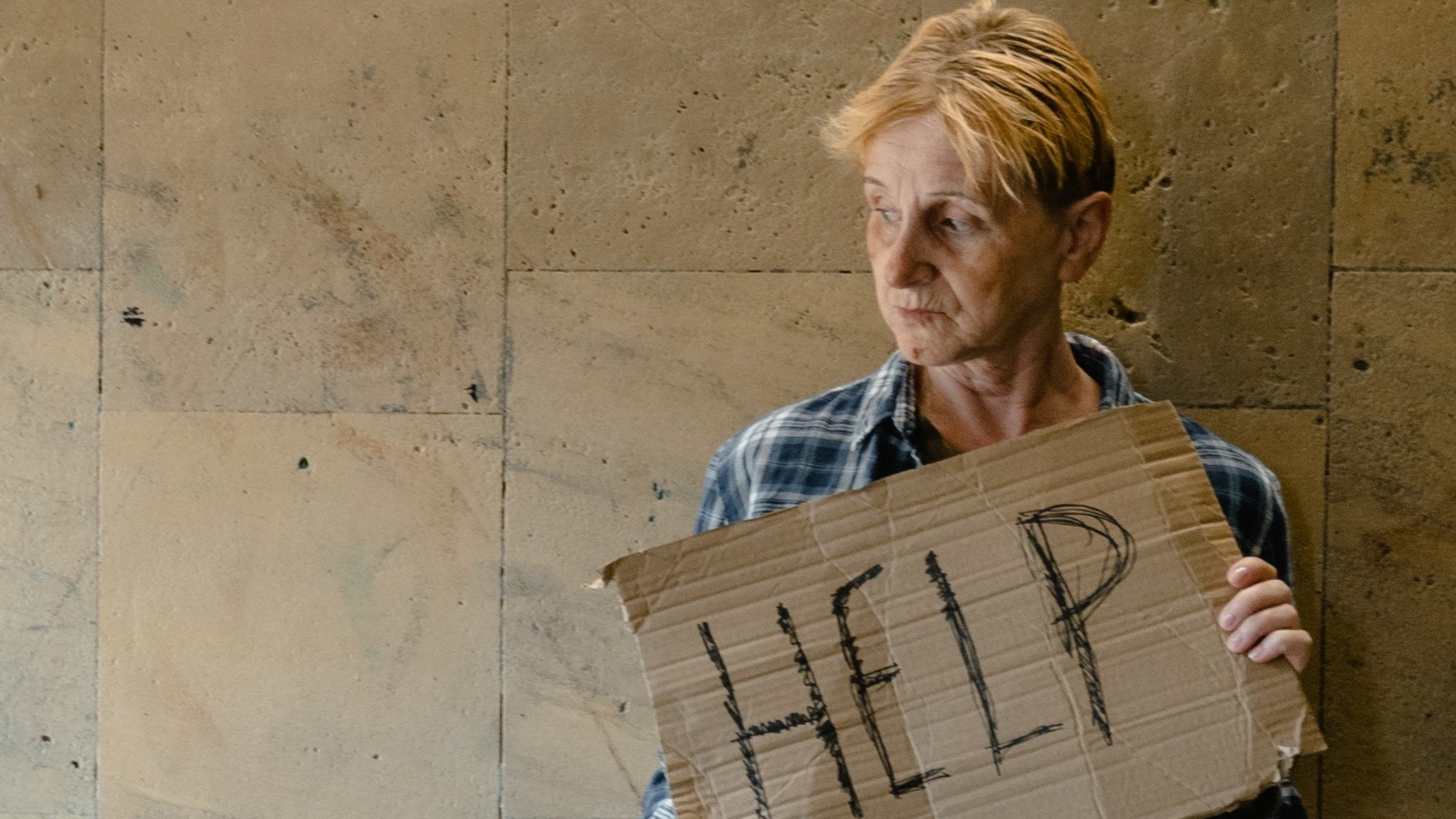Vulnerable people

James 1:27 “Religion that God our Father accepts as pure and faultless is this: to look after orphans and widows in their distress and to keep oneself from being polluted by the world.”
The Bible talks a lot about looking after the vulnerable in society. Orphans, widows, foreigners, prisoners, the poor and the needy are all mentioned. These were people who were all at risk from violence and poverty.
In Britain in 2022 what does this look like? We still have poverty and vulnerable people all around us. There maybe less orphans and young widows than there were in biblical times due to the advances in healthcare, however we are still surrounded by people with huge needs.
My passion for helping people with their mental health comes from this as many people with mental health challenges are very vulnerable, often isolated, and frequently in financial need. They may be lonely, in difficult relationships or have problems with addictions. Too often they also face stigma and discrimination due to their illness. I believe that God calls us to be people that look beyond the stigma of mental illness and have compassion for those who are suffering. But it is only by being open about mental illness that we can start to break down the stigma associated with it and be present for those that need support.
When one part suffers, we all do
We are called to be one body of believers and when one part suffers, we all do, yet there are people within the church that are suffering with their mental health and not receiving any support. Mental illness affects all sorts of people regardless of social class, standing, gender, role or wealth. It may be a person who is popular and in an important position, it might be the person who has only been to your church a couple of times and is on the periphery of things, but either way these people are important to God and should be important to us.
Romans 12:15 says “15Rejoice with those who rejoice; mourn with those who mourn. 16 Live in harmony with one another. Do not be proud but be willing to associate with people of low position.”
We are called to have empathy on our fellow believers, to mourn with those who mourn. Empathy is a tricky thing; it puts you in a vulnerable place because you have to open up your own similar feelings and sit with them while you are comforting the person hurting. It takes effort and time and can be incredibly frustrating as mental illness often takes a long time to heal. However as a body of believers we are called to support each other for the benefit of the whole church.
I believe there are three ways caring for people with mental health challenges increases the strength of the church as a whole.
- Ensuring that those within the church get adequate support when experiencing mental health difficulties, so that they can grow in their faith and continue to serve.
- Making sure those who come to church infrequently, who are not fully established or who may be struggling are welcomed in and loved so that they become a part of the church.
- Creating ways to care for people who do not share our faith and are struggling may be a witness of the great care and compassion that God has and can draw people to him.
There are many actions churches can take to support people with mental health issues.
Read more of our blog posts, or sign up to read our free helpful guide to supporting people with mental health issues in church.